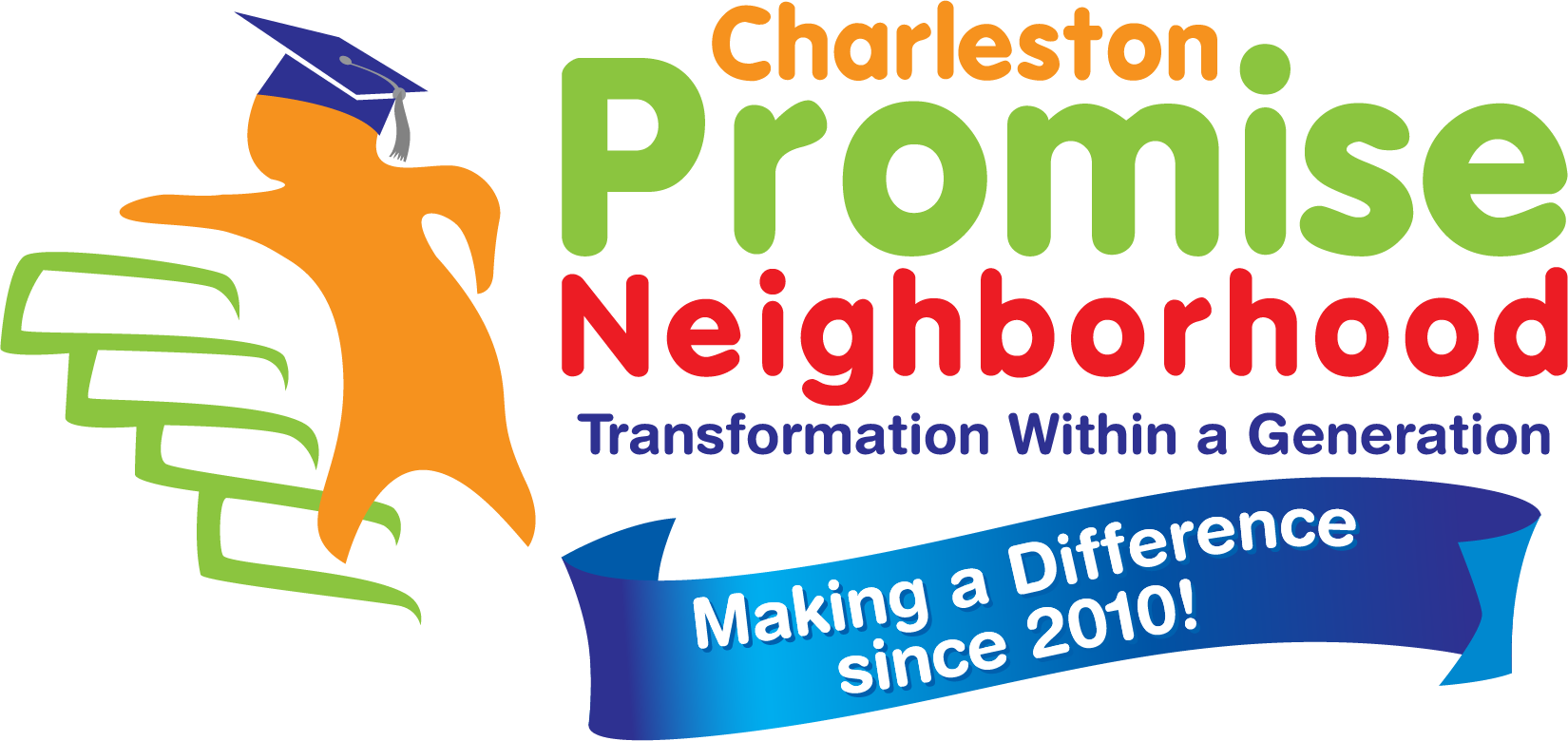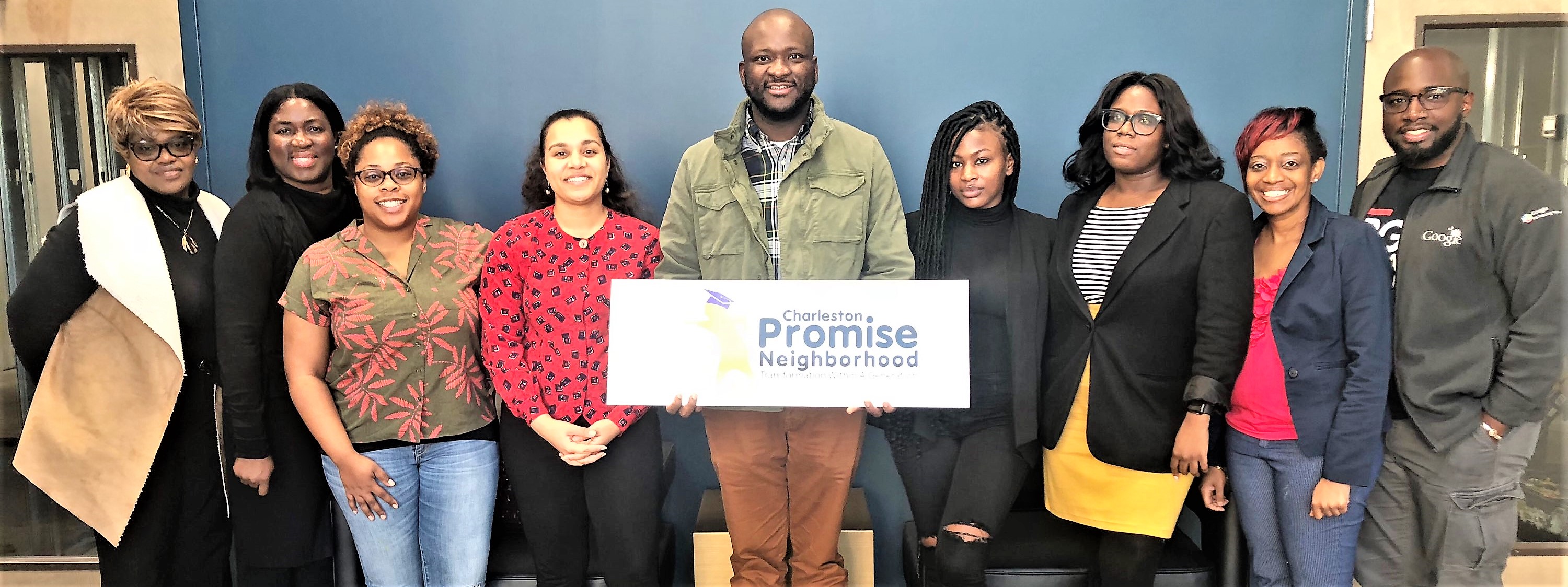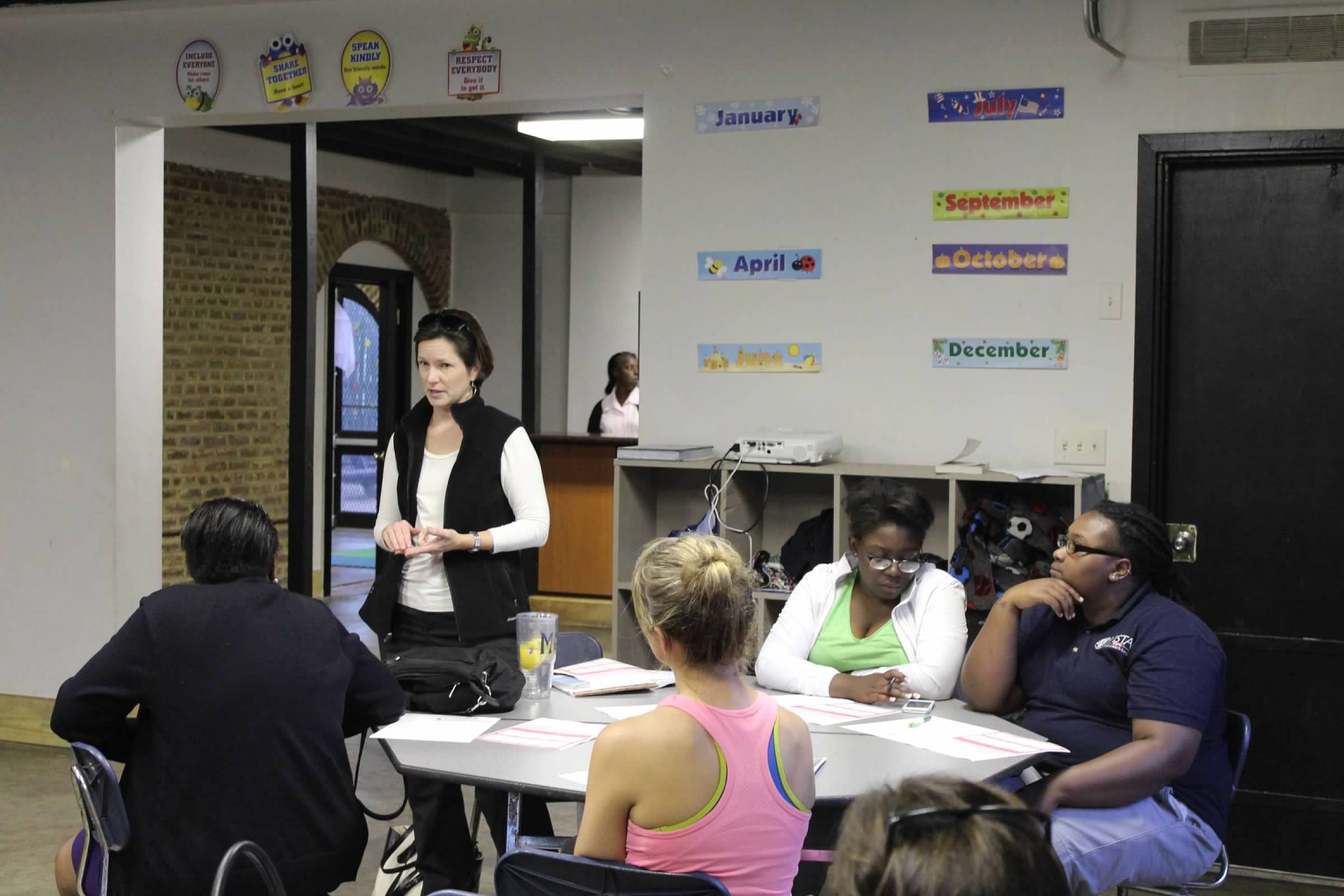The Summer Slide. It sounds like fun, right? Unfortunately, this term refers to learning loss that students experience during the summer months. Statistics report that students can lose up to 2/3 of what they previously learned if they are not actively engaged in these gap months. Our Neighborhood students at Mary Ford are tackling the Summer Slide statistic by engaging in a summer program at their school that focuses on academics, while incorporating fun, summer elements. Strategic field trips, in addition to focused study time in the morning, will help our students retain what they learned this past year, while setting them up for a successful new year in August.
With summer learning programs costing on average $288 per week, families who are unable to afford this are automatically at a disadvantage. Not every school can offer a summer program at no cost to their families, like the one we have at Mary Ford. So, how do we combat this? Incorporating learning in organic ways at home is a great solution. The best part about this is that it is absolutely free to do! Each day this week, Charleston Promise Neighborhood will share tips on integrating different subjects into your summer schedules at home.
Math Monday kicks this series off! Researchers say that most children lose around 1.8 months of math content in the 10 weeks they are out for summer break. With math being at the forefront of technology and global competitiveness, it is vital for us to implement strategies to keep our children engaged in the learning and problem solving skill sets that accompany mathematics. Here are three (free) ways to help keep your child from plunging down the math slide.
- Estimate Grocery Store Costs: Not only is this a great tool for estimation, but budgeting is a powerful life skill that is key to teach early on. Sit down and write out your grocery list with your child. Then, go through and estimate the cost of each item. Multiples of certain items will require addition or multiplication skills. Any coupons are a great way to talk about fractions, decimals, and subtraction! Once you estimate the list by individual items, add the total up. Once you complete your shopping, compare the difference between your estimation and the actual cost.
- Bake Together: Baking is one of the most mathematical tasks we complete each day. Measurements, timing, and geometry all play roles in this fun activity. Whether you are baking breakfast biscuits, or cookies for dessert, following a simple recipe is an easy way to incorporate math into your day. For a real challenge, try doubling (or tripling) the recipe! Adding fractions is best learned through real-life applications…the taste-testing is just an added bonus! If your child is younger and not ready to tackle fractions, have them count out chocolate chips for the cookies or blueberries for the biscuits.
- Geometry Scavenger Hunt: This is a great outdoor game that can easily be adapted for a rainy afternoon as well! Take a walk around your neighborhood or to the nearest park and see who can find a square, triangle, circle, rhombus, and cylinder first. For older children, you can beef it up by seeing who can find a right angle, acute angle, obtuse angle, and a line first. When a famous Charleston afternoon thunderstorm hits, try the scavenger hunt inside your home.
Any activity you can do with your child to foster critical thinking, problem solving, and reasoning will help. Combatting the summer slide is crucial to preventing those learning barriers your child and their teacher will statistically encounter the first few months of school. Challenging your child to think beyond the screen during the summer is critical to their learning process…. sneaking it in through a fun activity is just an added bonus to them, and you!
To learn more about how you can join the Promise and help more local students combat summer learning loss , click here.



